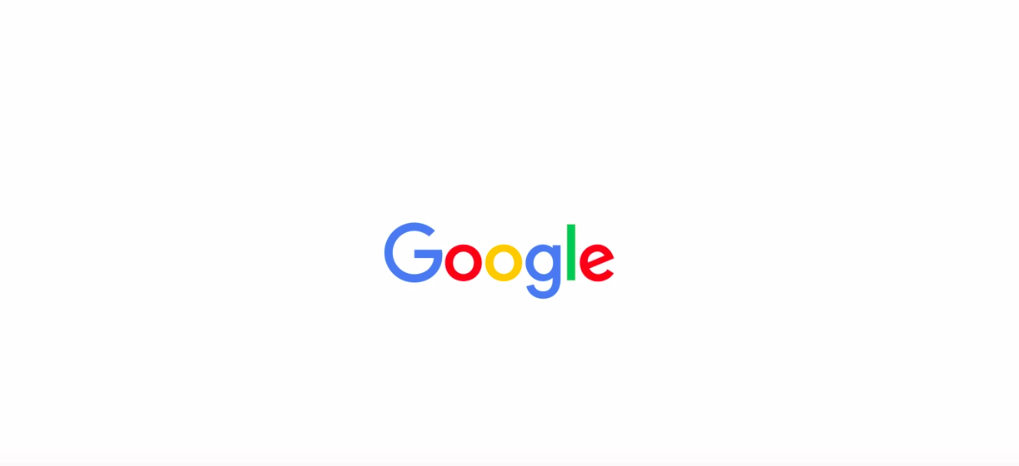The queries on Google Search is normally misspelt by users and now in order to solve this new, the search engine has introduced a new spelling algorithm that uses deep neural net to improve the ability of deciphering misspellings in around three seconds. Google says that the single algorithm brings a better improvement to spelling than all other improvements in the last five years.
Google said that artificial intelligence is powering their search engine and has announced many improvements made to Google Search over the year and some new features will be introduced soon.
The company has heavily invested in language understanding research and in 2019, they introduced how BERT language understanding systems has helped to deliver better and relevant results in Google Search.

Prabhakar Raghavan, who is the Senior Vice President of Search and Assistant, Geo, Ads, Commerce, Payments & NBU said that BERT is now being used in every query in English and helps to get high quality results for the questions.
Google has recently made a breakthrough in ranking and now it doesn’t only just index web pages but also individual passages from various pages.
Prabhakar Raghavan also said that the technology will bring improvement in over 7% of search queries among all languages as it will be rolled out globally.
Google with the new passage understanding capabilities can understand that the particular passage is much more relevant to a particular query than a broader page related to that topic.

For example, if someone searches “home exercise equipment”, Google Search understands relevant subtopics like budget equipment, premium picks and small space ideas and show a wide range of content for users on the search results page.
According to Prabhakar Raghavan, the feature will start to roll out by the end of 2020.
With a new AI-driven approach, Google stated that they can now understand the deep semantics in a video and identify the key moments automatically.
Google said that this lets them to tag those moments in the video so that users can navigate them like the chapters of a book. It doesn’t matter if users are looking for that single step in a tutorial related to recipe or the game-winning home run in a highlights reel, users can find those moments very easily.
According to Google, by the end of 2020, 10% of the searches would use this technology.

